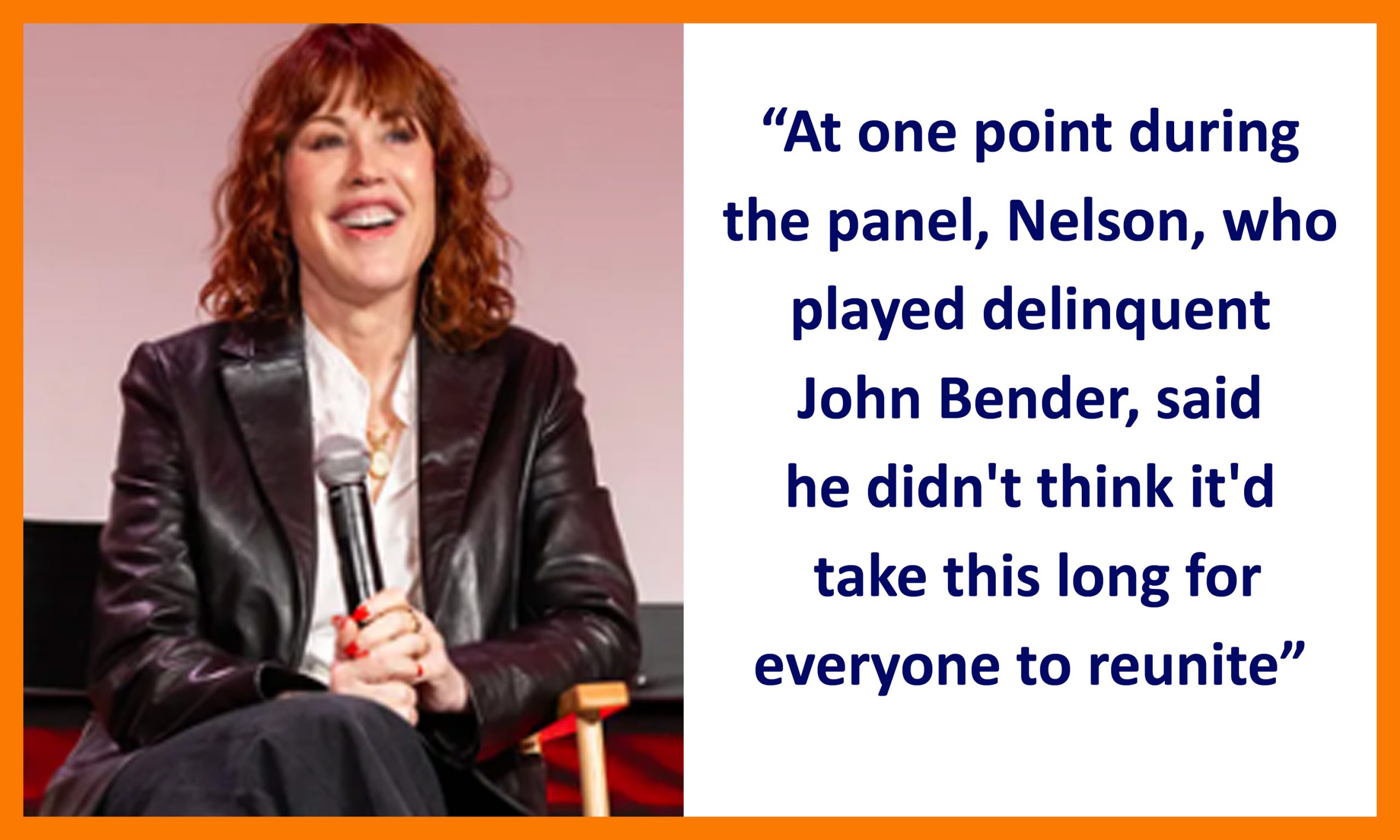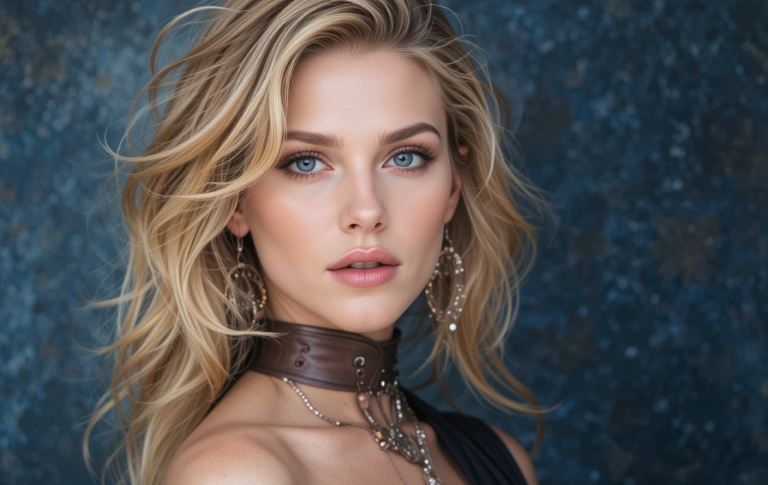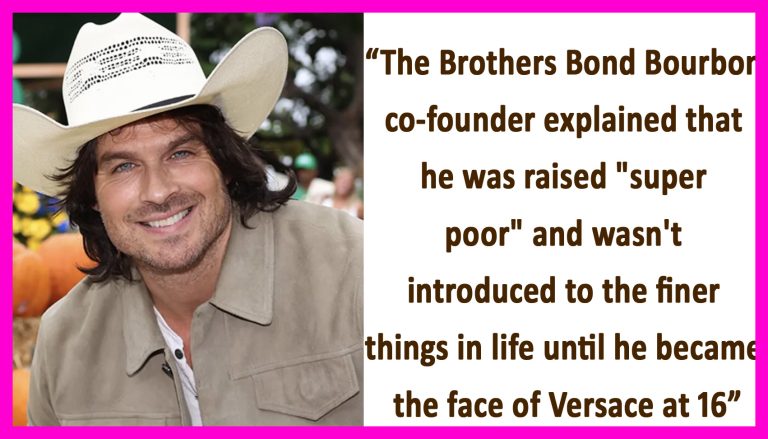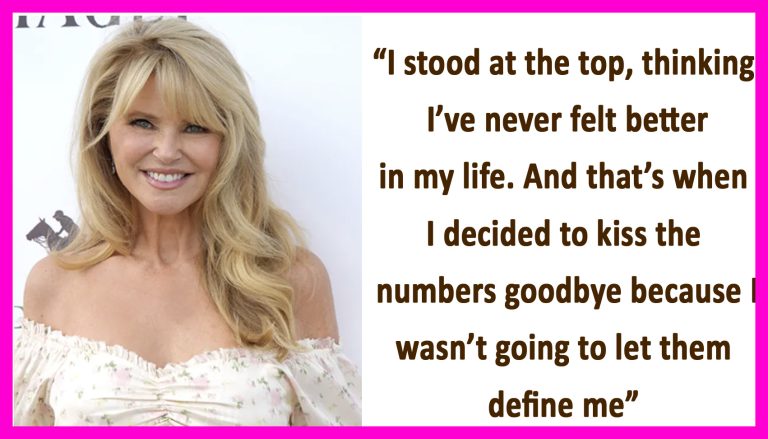“The Breakfast Club” Cast Reunites for the First Time in 40 Years, Leaving One Star ‘Very Emotional’
It was a moment 40 years in the making. When the original cast of The Breakfast Club reunited in April 2025, fans around the world were transported back to the hallowed halls of Shermer High School, where five unlikely teens found connection, understanding, and self-discovery during a fateful Saturday detention. The reunion, which took place at the 2025 TCM Classic Film Festival in Hollywood, marked the first time the surviving cast members had come together publicly since the film’s release in 1985—and it turned out to be an emotional rollercoaster, especially for one beloved star.
A Cultural Phenomenon That Still Resonates
Directed by the late John Hughes, The Breakfast Club is considered one of the most iconic teen films in cinematic history. Released in February 1985, it quickly gained critical acclaim and a cult following for its authentic portrayal of teenage angst and identity. The film followed five high school students from different cliques—the brain, the athlete, the basket case, the princess, and the criminal—forced to spend a Saturday together in detention. What started as an awkward encounter evolved into an intimate, soul-searching journey, culminating in the unforgettable monologue and the iconic Simple Minds track, “Don’t You (Forget About Me).”
Its power lies in its simplicity. With nearly the entire film taking place in one room, the movie focused on dialogue and emotion rather than spectacle—a rare feat for a teen-centered movie then and now. In doing so, it captured the universal teen experience, transcending generations.
The Big Reunion: A Momentous Occasion
On April 10, 2025, the original cast—Molly Ringwald (Claire Standish), Ally Sheedy (Allison Reynolds), Anthony Michael Hall (Brian Johnson), and Emilio Estevez (Andrew Clark)—reunited for a special tribute and panel discussion at the TCL Chinese Theatre. The event was part of the TCM Classic Film Festival’s “Class of ’85” spotlight, celebrating the film’s enduring legacy.
Judd Nelson, who played the rebellious John Bender, was notably absent from the event due to prior commitments overseas, but he did send a heartfelt video message that was played during the ceremony.
“I wish I could be there in person,” Nelson said in the clip, “but I’m with you all in spirit. What we created in that room, with that script, was something truly special—and you all mean the world to me.”
The remaining cast members walked the red carpet and later sat down for a discussion moderated by film critic Leonard Maltin. What was expected to be a nostalgic chat quickly turned deeply emotional.
A Tearful Trip Down Memory Lane
Molly Ringwald, now 57 and a celebrated actress and author, was visibly moved during the panel.
“When I stepped on that stage and saw everyone, it hit me all at once,” she shared, her voice breaking. “It wasn’t just about the movie—it was about a moment in our lives that changed everything. I was just a teenager when we shot it, and now, 40 years later, to sit next to these people who were like family to me… it was overwhelming.”
Ringwald admitted to shedding “very real tears” during the private pre-panel reunion backstage. “I didn’t expect to cry, but seeing Ally, Michael, and Emilio—it was like no time had passed, yet everything had changed. It brought back every memory from those days on set. We were kids, trying to make sense of the world, just like our characters.”
Ally Sheedy echoed the sentiment, recalling how filming The Breakfast Club was “like living inside a bubble of pure emotion.”
“It was so raw,” Sheedy said. “John [Hughes] created this safe space for us to be honest—not just in our characters but as people. That film was therapy before we even knew what therapy was.”
A Legacy Carved in Celluloid
Over the years, The Breakfast Club has only grown in influence, becoming a go-to reference in popular culture and being preserved in the United States National Film Registry for being “culturally, historically, or aesthetically significant.” The film’s impact on mental health conversations, social identity, and intergenerational understanding continues to be lauded by critics, educators, and fans alike.
Anthony Michael Hall, who has since built a diverse acting career, spoke to this broader legacy during the panel.
“We were just teenagers making a movie,” Hall said. “But we ended up giving people permission to talk about stuff—pain, pressure, perfection, and everything in between. I still get letters from people saying, ‘I saw myself in Brian.’ That’s powerful.”
Hall also revealed that he and Ringwald, once a rumored couple in the mid-’80s, reconnected deeply during the reunion. “We hadn’t sat down together like that in years. It felt like coming home.”
The Absence of John Hughes
Perhaps the most poignant part of the reunion was the collective remembrance of director John Hughes, who passed away in 2009 at age 59. Hughes was the creative genius behind many iconic 1980s films, including Ferris Bueller’s Day Off, Sixteen Candles, and Pretty in Pink, but The Breakfast Club was arguably his most personal.
“He was a storyteller who understood people—especially teenagers—in a way few others ever have,” Estevez shared. “John gave us more than roles. He gave us insight into ourselves. He saw something in each of us and brought it to life.”
The cast held a moment of silence during the tribute, as clips from Hughes’ most celebrated works played on the giant screen behind them. The audience, packed with fans of all ages, applauded through tears.
A Modern Relevance
Despite being made in the ’80s, The Breakfast Club continues to resonate with modern audiences, especially Gen Z. Its exploration of identity, alienation, and the pressures of fitting in still hit home in today’s era of social media, academic stress, and evolving notions of self.
Molly Ringwald reflected on the film’s continuing relevance. “We didn’t have Instagram or TikTok back then, but the feeling of not being seen or understood is still the same. The labels may change—nerd, influencer, outcast—but the struggle is timeless.”
Sheedy added, “We were ahead of the curve. The mental health issues we touched on—depression, suicidal thoughts, parental pressure—are now openly talked about, but back then, they were taboo. That’s why it still matters.”
A Hint at Something More?
Though nothing has been officially confirmed, whispers of a potential documentary or limited series exploring the legacy of The Breakfast Club emerged during the festival. Anthony Michael Hall teased the idea: “Let’s just say… the door isn’t closed. There’s still more to explore—not a remake, but a reflection. Who are these characters now, 40 years later? That could be interesting.”
Fans online immediately reacted with excitement and speculation. Social media lit up with imagined storylines and fan art depicting adult versions of the original characters navigating modern adulthood—dealing with marriage, parenthood, therapy, and even social justice.
The Final Word: Don’t You Forget Them
As the panel wrapped and the lights dimmed, the haunting opening chords of “Don’t You (Forget About Me)” filled the auditorium. A slow montage of behind-the-scenes footage, deleted scenes, and fan messages played on screen, ending with that iconic image of John Bender raising his fist in the air.
Tears streamed down faces in the audience—and on stage.
“It wasn’t just a movie,” Ringwald said in her final comments. “It was a mirror. And I think we all saw ourselves a little more clearly because of it.”
In a world that often forgets the power of empathy and connection, The Breakfast Club remains a cultural beacon. And 40 years later, the cast’s reunion reminded us that even decades on, those five students in detention are still teaching us how to see one another—and ourselves.










